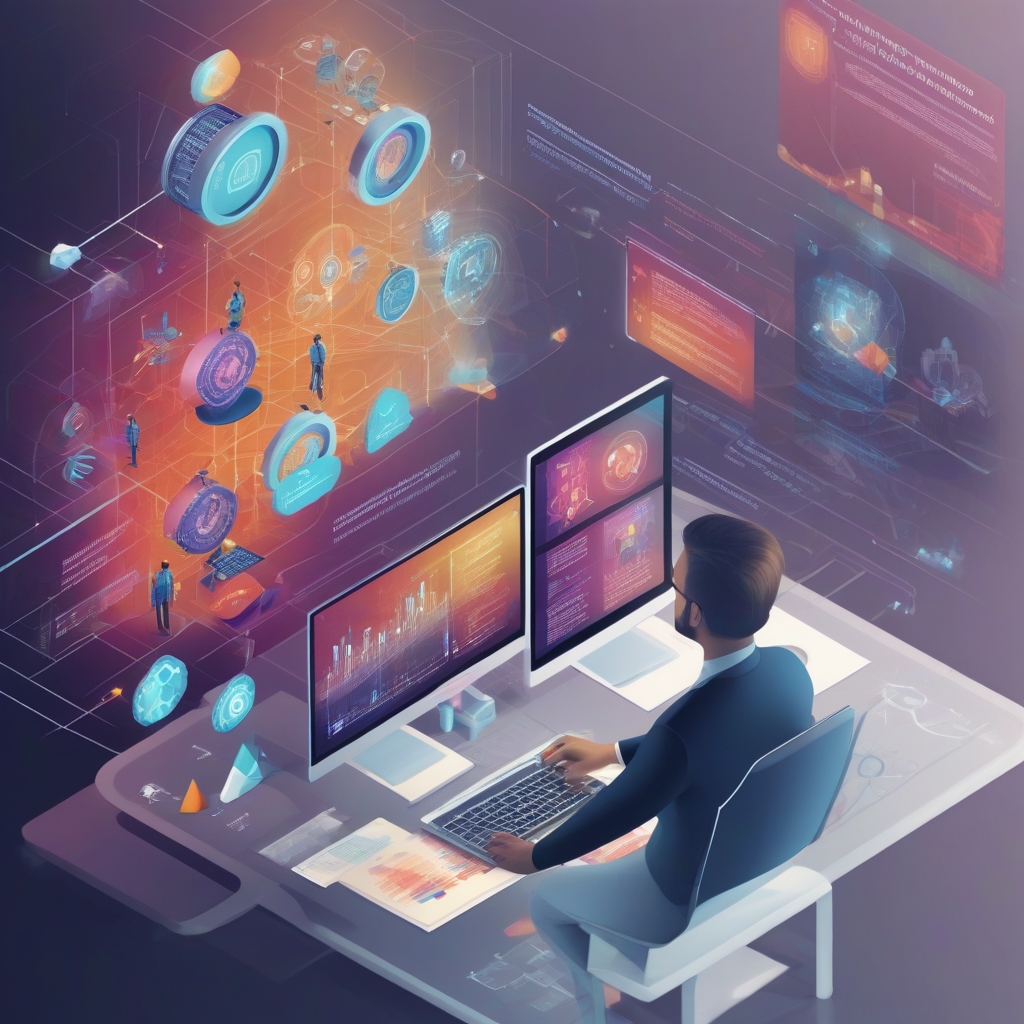The Impact of AI on Search Strategy
In an era where digital transformation continues to reshape the way businesses operate, leveraging Artificial Intelligence (AI) has become essential for enhancing search strategies. The integration of AI in search engine optimization (SEO) is not just a trend—it’s a fundamental shift that is redefining how marketers approach search. Let’s dive into the five AI innovations that are set to revolutionize your search strategy.
1. Predictive Analysis for Enhanced Keyword Research
Traditionally, keyword research has been a manual and often labor-intensive task. AI is changing this by automating large parts of the process. By utilizing AI-powered predictive analysis, marketers can now identify patterns and predict search trends more effectively.
- Data-Driven Insights: AI tools analyze vast amounts of data faster than any human could, providing insights into which keywords will drive traffic.
- Trend Analysis: Access to real-time trend data helps marketers adjust strategies ahead of the curve, ensuring content remains relevant and competitive.
AI doesn’t just identify keywords; it helps understand the intent behind search queries, providing more precise guidance on content creation.
2. Content Optimization with Natural Language Processing
Natural Language Processing (NLP) is at the heart of how AI understands human language. By integrating NLP into search strategy, businesses can vastely improve content optimization.
- Semantic Understanding: NLP enables AI to understand the context and sentiment of content, ensuring it aligns better with user intent.
- Content Alignment: AI-driven tools can suggest content improvements that enhance readability and ensure better engagement with target audiences.
This makes content not only discoverable but also actionable, as it aligns more closely with what users are genuinely seeking.
3. Automation of Routine SEO Tasks
One of the most significant benefits AI brings to search strategy is the automation of repetitive tasks. Automating these processes can save valuable time and resources.
- Routine Monitoring: AI tools can automatically track website performance, alert about broken links, and suggest relevant changes.
- Algorithm Updates: With AI, staying updated with search engine algorithm changes becomes seamless, ensuring your strategy is always aligned with best practices.
Automation facilitates efficiency, allowing marketers to devote their time to more strategic aspects of their campaigns.
4. Personalization and User Experience
Personalization is critical in modern marketing. AI enables a personalized search experience by analyzing user behavior to tailor results.
- User Profiles: AI constructs detailed user profiles based on search history, aiding in delivering more relevant content.
- Adaptive Algorithms: Search engines can use AI to modify results according to user preferences, improving satisfaction and engagement.
By focusing on user-centric approaches, businesses can foster greater loyalty and drive conversions through personalized search experiences.
5. Visual and Voice Search Capabilities
As consumer habits evolve, so must search strategies. AI is instrumental in optimizing for both visual and voice searches—areas that are rapidly gaining traction.
- Visual Search: AI allows users to search using images, enhancing the ability to find results without text-based input. This requires optimization of images with proper tagging and metadata.
- Voice Search: Voice search is growing, particularly with the rise of smart devices. AI helps in optimizing content for natural language queries, aligning with how people speak.
Ensuring content is visible in these new formats requires a fresh approach, but the payoff is significant as these methods shape the future of search.
Embracing AI for Improved Search Strategy
The intersection of AI and search strategy presents an opportunity for businesses to enhance their marketing efforts significantly. Employing AI-driven tools and techniques allows marketers not only to improve efficiency and effectiveness but also to stay ahead in an increasingly competitive digital landscape.
AI transcends traditional methods by providing deeper insights, automating processes, and offering personalized experiences. These innovations collectively contribute to a more robust and dynamic approach to search strategy. By embracing AI, businesses can cultivate a forward-thinking mindset, ensuring that they are equipped to meet both current and future challenges in SEO.
As you consider adapting these innovations, remember that the key is not just in adopting the newest technology, but in fundamentally understanding how these tools can align with your overarching business objectives. AI, wielded wisely, can transform not only your search outcomes but also improve the overall efficiency of your digital marketing strategies. Now is the time to explore and integrate these innovations, setting a course for future success in the ever-evolving world of digital marketing.

Leave a Reply